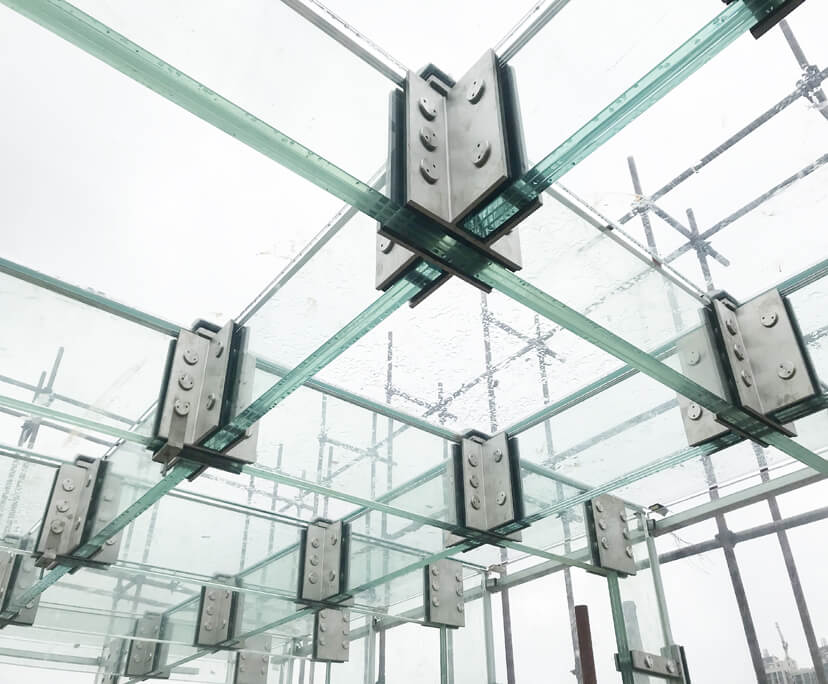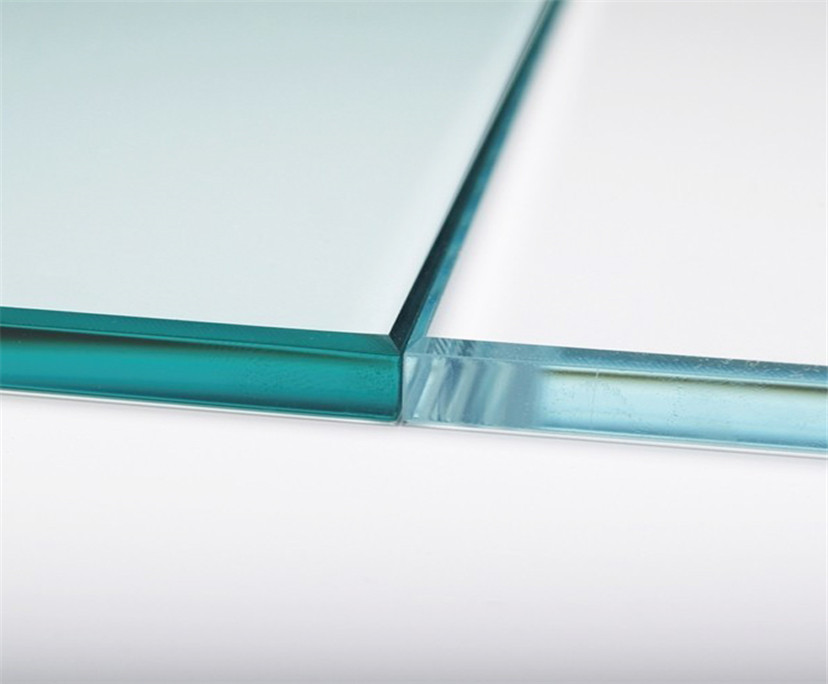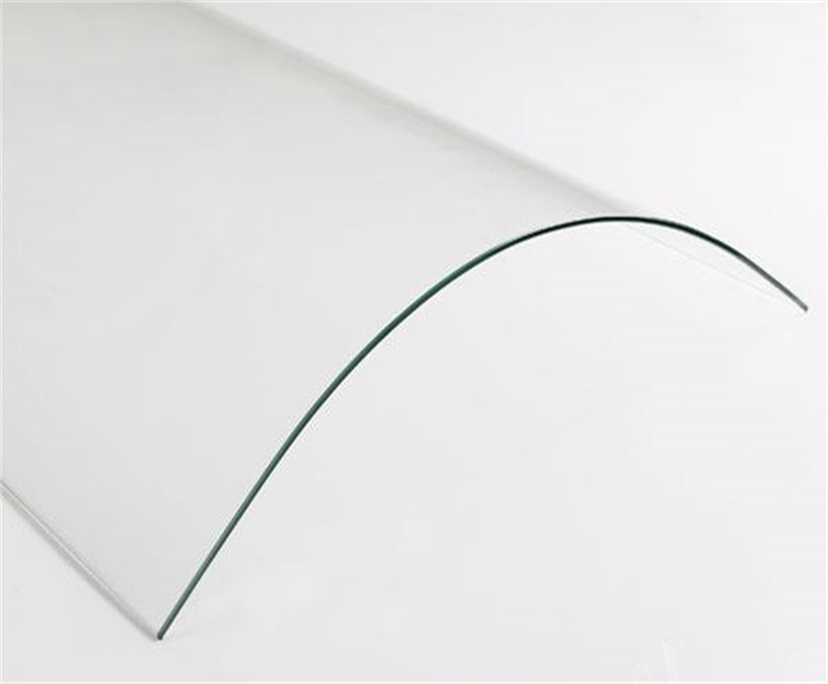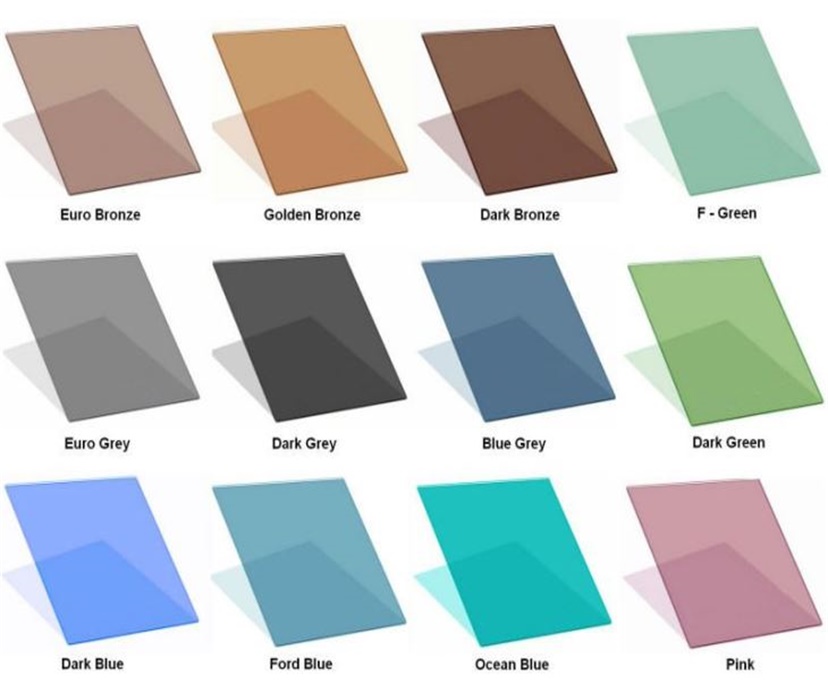Understanding Reflective Glass: Applications, Characteristics, and Advantages
Reflective glass, also known as coated glass, is a type of glass that has been treated with a metallic coating to reflect light and reduce the amount of heat that enters a building. This type of glass is commonly used in commercial and residential buildings for its energy-saving properties and aesthetic appeal. In this article, we will explore the applications, characteristics, and advantages of reflective glass.
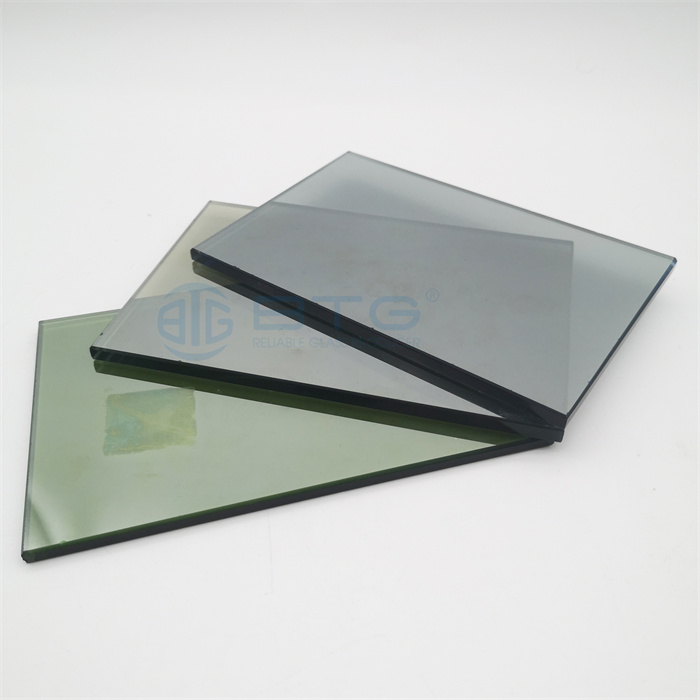
Applications of Reflective Glass
Reflective glass has a wide range of applications in the construction industry. It is commonly used in the following areas:
1. Windows: Reflective glass is often used in windows to reduce the amount of heat and light that enters a building, making it more energy-efficient and comfortable for occupants.
2. Façades: Reflective glass is used in building façades to create a modern, sleek look and to reduce the amount of solar radiation that enters the building.
3. Skylights: Reflective glass is used in skylights to reduce glare and heat gain, making the space more comfortable for occupants.
4. Balconies: Reflective glass is used in balcony railings to provide privacy and to reduce wind and noise.
Characteristics of Reflective Glass
Reflective glass has several unique characteristics that make it an excellent choice for a variety of applications. These characteristics include:
1. Reflectivity: Reflective glass has a high level of reflectivity, which means that it reflects light and heat away from the building.
2. Durability: Reflective glass is highly durable and can withstand extreme weather conditions, making it an ideal choice for buildings in areas with harsh climates.
3. Energy efficiency: Reflective glass is highly energy-efficient, reducing the amount of heat that enters a building and reducing the need for air conditioning.
4. Aesthetic appeal: Reflective glass has a modern, sleek look that is popular in contemporary architecture.
Advantages of Reflective Glass
Reflective glass offers several advantages over traditional glass. These advantages include:
1. Energy savings: Reflective glass reduces the amount of heat that enters a building, which can lead to significant energy savings and lower utility bills.
2. Comfort: Reflective glass reduces glare and heat gain, making the interior of a building more comfortable for occupants.
3. Privacy: Reflective glass can be used to provide privacy without sacrificing natural light.
4. Aesthetic appeal: Reflective glass has a modern, sleek look that can enhance the appearance of a building.
Conclusion
Reflective glass is a versatile and energy-efficient material that offers several advantages over traditional glass. It is commonly used in windows, façades, skylights, and balconies to reduce the amount of heat that enters a building and to enhance its aesthetic appeal. With its durability, energy efficiency, and modern look, reflective glass is an excellent choice for any building project.


